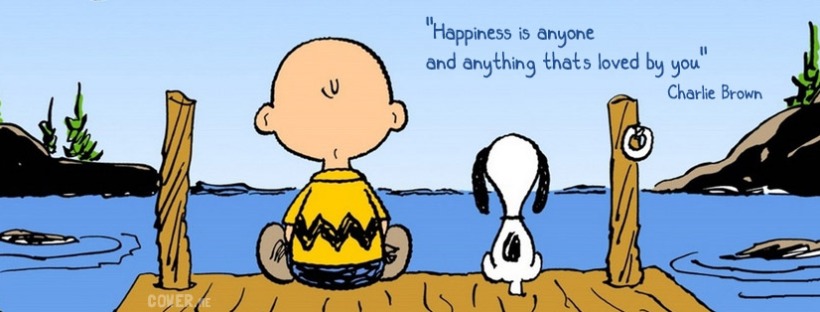I’m really curious about self-help books. Opinions vary widely when it comes to whether or not they are “useful” which is kind of a pointless conversation considering everyone heals, grows and changes in different ways. What intrigues me, however, is not the concept of a self-help book but how prominent they are. Every bookstore has a diverse self-help section, myriads of books offering advice on everything from parenting to nutrition to depression. It’s an industry unto itself. Consider titles like “The Happiness Project” by Gretchen Rubin, “The Happiness Hypothesis” by Jonathan Haidt or “The Art of Happiness” by the Dalai Lama. The list goes on and on and on! Go to any bookstore and you’ll find books on the art of living, books that affirm your “bad-assness” and books that claim to offer keys to a happier life. These books sell. There’s a reason they crowd bookshelves.
My opinion on self-help books is very simple. If they help, great. If they don’t, find something that does. However, I will elaborate on my personal relationship with these books. As someone who does, indeed, turn to self-help books every now and again I’d like to say that, in my opinion, most of these books offer advice that’s “easier said than done,” the kind of advice you give someone who’s having an off day rather than an off month. This is, of course, the kind of culture we live in. These are the first five posts to show up in my Google search of “how to be happy.”
The 15 Habits of Incredibly Happy People – Sparring Mind
How to Be Happy: 7 Steps to Becoming a Happier Person – WebMD
10 Scientifically Proven Ways to Be Incredibly Happy | Inc.com
10 Ways to Be Happier – Real Simple
Clearly I’m not the first to inquire into these topics. Why are we so obsessed with pursuing happiness? There are mountains of quotes advising individuals on the “perfect cure” to sadness or anxiety. “Be happy,” being the simplest, most obvious example. I recently had an interesting conversation with a friend wherein we debated the meaning of self-help books in our society. It seems these books are often over simplified or almost demeaning to someone struggling with, say, chronic depression or bi-polar disorder. They might be seen as undermining the weight of poor mental health by assuming that fresh air, a positive mindset and a candle-lit “me time” bath cures all. On the other hand, they often target “happy” individuals with advice on how to be “happier.” It’s a curious market.
I have a belief regarding healing stones, which I often compare to my opinion on self-help books. I don’t believe that various quartz crystals hold magical powers that induce love or happiness just like I don’t believe that self-help books trigger an immediate reversal of emotions. What I do believe, however, is that in the act of picking these items up we engage in an act of recognition, an act of recognition that reminds us something needs to change. So often, recognition is the first step to bringing about change. It is for this reason, that self-help books have helped me. They have reminded me that I need to push harder, fight for what I want.
Nevertheless these books are mass-marketed and hold an almost irreplaceable position in book sales. It’s an intriguing social phenomenon. Do you read self-help books? If so, why? I’d be curious to read any comments you might have so please feel free to share your thoughts below!
